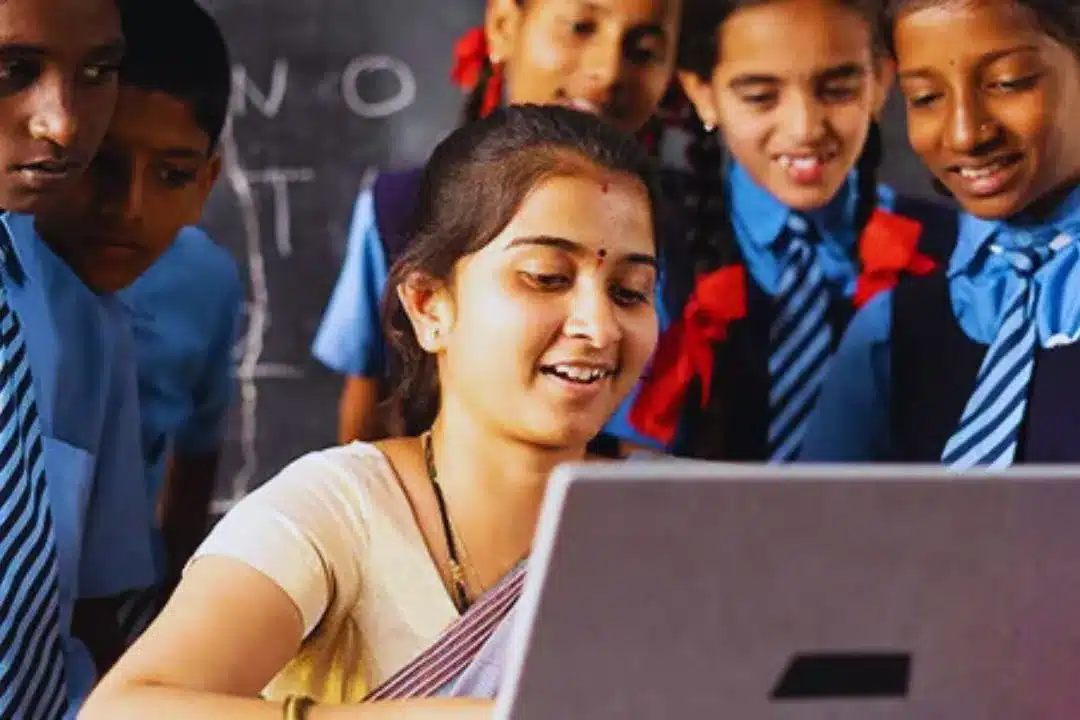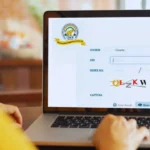Purposes of Education How Learning Enhances Life highlights the role of knowledge, skills, and values in shaping human growth. Education is not limited to classrooms; it builds confidence, encourages creativity, and develops problem-solving abilities. By nurturing curiosity and inspiring innovation, education becomes a powerful tool that transforms individuals and societies.
The true purposes of education go beyond academics. It enhances life by fostering personal growth, promoting social harmony, and preparing people for future challenges. From building careers to strengthening moral values, education plays a vital role in ensuring progress, equality, and lifelong learning opportunities.
What is Education?
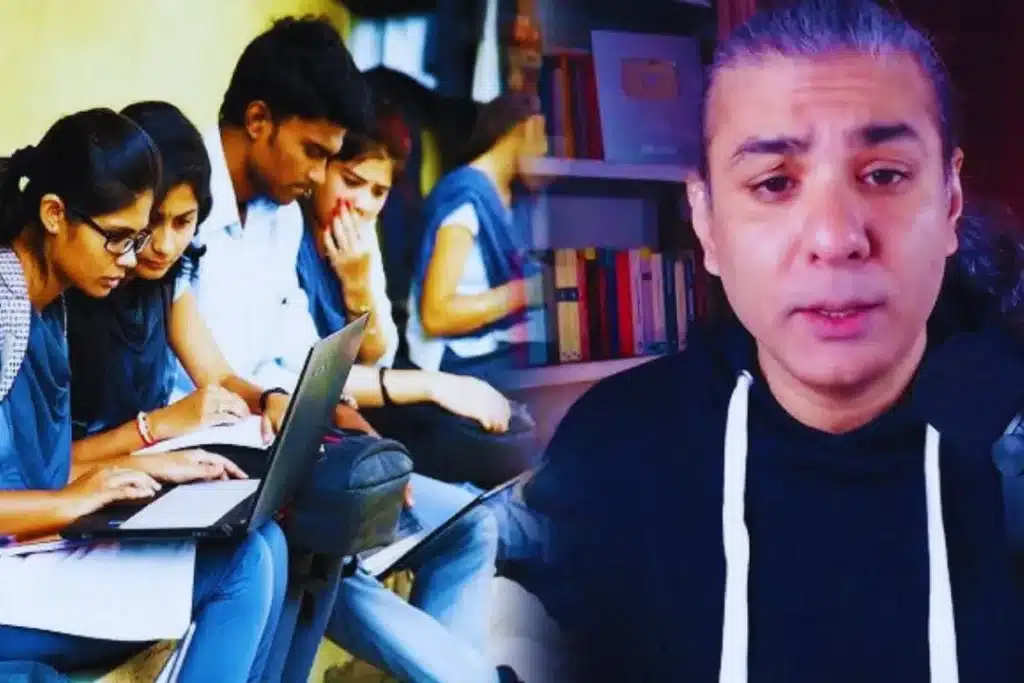
Education is the process of acquiring knowledge, skills, values, and habits that shape personal growth and social development. It goes beyond books and classrooms, preparing individuals for life’s challenges through learning and experience.
At its core, education builds confidence, nurtures creativity, and fosters moral responsibility. It empowers people to think critically, communicate effectively, and contribute positively to society, making it the foundation of progress and human advancement.
Core Purposes of Education at a Glance
| Purpose of Education | Explanation | Impact on Life |
| Knowledge Building | Provides understanding of subjects, facts, and concepts | Creates awareness and intellectual growth |
| Skill Development | Trains practical, technical, and problem-solving skills | Prepares individuals for careers and opportunities |
| Value Formation | Builds ethics, morals, and social responsibility | Encourages empathy and good citizenship |
| Personal Growth | Enhances self-confidence, critical thinking, and creativity | Shapes identity and individuality |
| Social Progress | Promotes equality, cooperation, and innovation | Leads to a stronger, inclusive society |
The True Purpose of Education in Modern Society
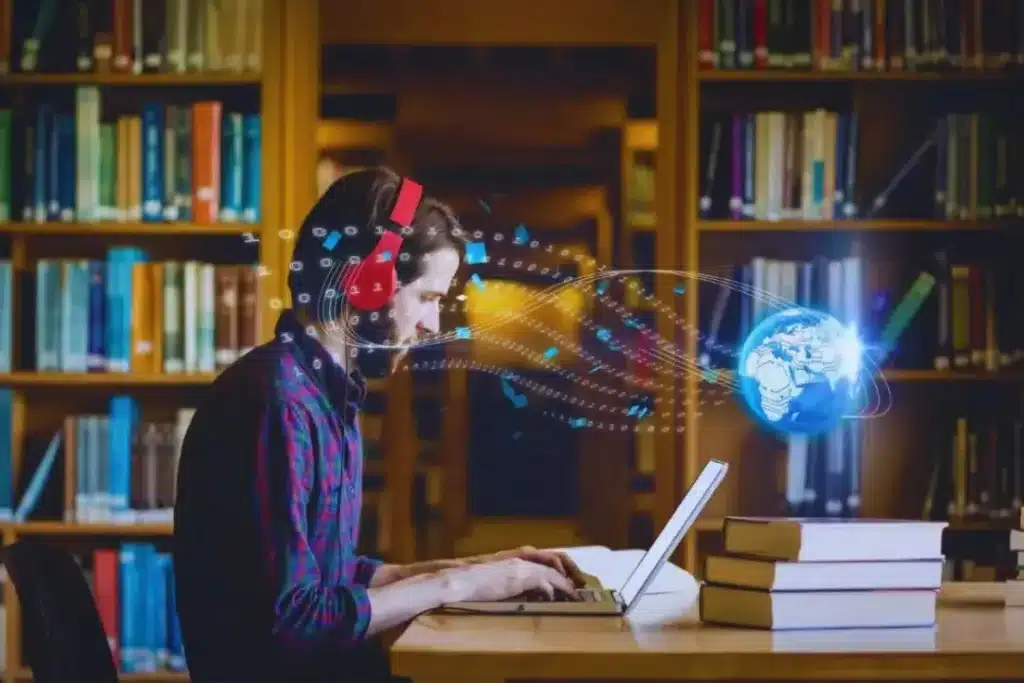
The true purpose of education in modern society is to shape individuals with knowledge, values, and skills that prepare them for personal success and social responsibility. Education builds confidence, nurtures creativity, and enhances problem-solving abilities needed in today’s fast-changing world.
Modern education goes beyond academics by fostering innovation, digital literacy, and ethical awareness. Its true purpose lies in promoting equality, supporting lifelong learning, and creating responsible citizens who contribute to progress, harmony, and sustainable development in society.
Personal Growth and Improvement
Personal growth and improvement come through continuous learning, self-reflection, and skill development. Education enhances confidence, creativity, and resilience, helping individuals adapt to challenges, achieve goals, and live more meaningful, productive, and fulfilling lives in modern society.
Career Advancement
Career Advancement is driven by education, skills, and continuous learning. It improves job opportunities, boosts professional credibility, and enhances earning potential. With knowledge and training, individuals achieve growth, adapt to industry changes, and build successful, sustainable careers.
Cultivating Independent Thought and Critical Thinking
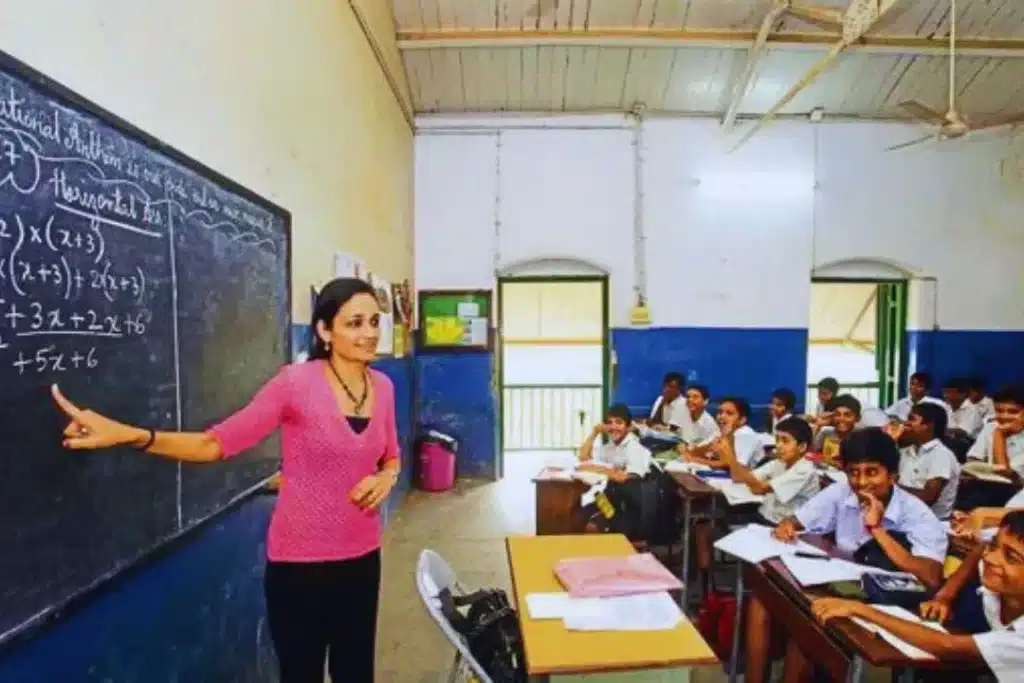
Cultivating Independent Thought and Critical Thinking Through education, individuals are taught to question, analyze, and make informed decisions. It fosters creativity, problem-solving, and innovation, enabling people to approach challenges with confidence, fairness, and responsibility in modern society.
Building Confidence and Self-Reliance
Building Confidence and Self-Reliance is a vital purpose of education. Learning equips individuals with knowledge, skills, and problem-solving abilities, helping them trust their decisions, overcome challenges, and achieve goals independently while leading a more successful and meaningful life.
Encouraging Open-Mindedness
Encouraging Open-Mindedness through education helps individuals respect diversity, accept new ideas, and embrace different perspectives. It promotes tolerance, empathy, and cultural awareness, enabling people to build stronger relationships and contribute positively to a peaceful and progressive society.
Enhancing Problem-Solving and Innovation
Enhancing Problem-Solving and Innovation is a key purpose of education. Learning develops analytical thinking, creativity, and adaptability, allowing individuals to design effective solutions, embrace challenges, and drive progress in technology, business, and society with confidence and vision.
Improving Mental Health
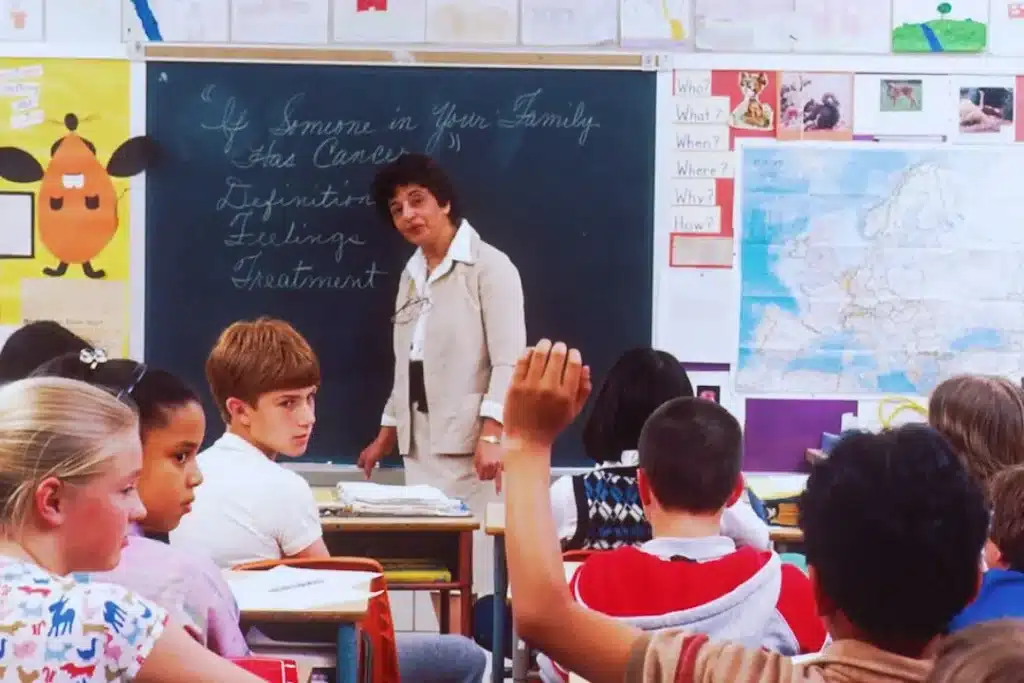
Improving Mental Health is an important benefit of education and lifelong learning. It reduces stress, builds resilience, and promotes emotional balance. By fostering self-awareness, confidence, and social support, education helps individuals maintain overall well-being and a healthier lifestyle.
Fostering Lifelong Learning and Adaptability
Fostering Lifelong Learning and Adaptability is a central purpose of education. It encourages continuous growth, curiosity, and flexibility, helping individuals embrace new skills, adapt to change, and thrive in evolving personal, professional, and social environments throughout life.
What is the purpose of education?
The main purpose of education serve as the foundation for personal and intellectual growth, shaping individuals into capable, responsible, and confident members of society. It equips learners with knowledge, values, and practical skills that help them navigate challenges, build careers, and pursue meaningful lives.
Beyond academics, education nurtures creativity, critical thinking, and empathy. It empowers people to make informed decisions, contribute positively to their communities, and adapt to a rapidly changing world. In essence, education is the gateway to progress and lifelong learning.
Purpose of education quotes
- “The purpose of education is to replace an empty mind with an open one.” – Malcolm Forbes
- “Education is the most powerful weapon which you can use to change the world.” – Nelson Mandela
- “The aim of education is knowledge, not of facts, but of values.” – William S. Burroughs
- “The function of education is to teach one to think intensively and to think critically.” – Martin Luther King Jr.
- “The ultimate goal of education is to help people live more fully and freely.” – John Dewey
The Historical Perspective of Education’s Purpose
Ancient Civilizations: In civilizations like Egypt, India, Greece, and China, education was viewed as a tool to preserve culture, transmit traditions, and train future leaders. In ancient Greece, philosophers like Plato and Aristotle emphasized moral and intellectual development. In India, gurukuls focused on holistic learning, including ethics, arts, and sciences.
Middle Ages: During the medieval period, education was often linked with religion. Monasteries and madrasas trained scholars in philosophy, theology, and languages. The purpose here was spiritual growth and preservation of sacred knowledge.
Modern Era: With industrialization, education became formalized and widespread. The purpose shifted toward preparing individuals for jobs, nation-building, and scientific discovery.
The Purposes of Education in the 21st Century
Knowledge and Intellectual Growth
The first and most obvious purpose of education is knowledge. It expands awareness, exposes individuals to diverse subjects, and builds intellectual curiosity. Knowledge empowers people to question, analyze, and innovate.
Skill Development for Future Careers
Education develops practical skills. From literacy and numeracy to advanced digital expertise, education ensures that individuals are capable of contributing productively in workplaces. Vocational training, STEM education, and soft skills all prepare students for real-world challenges.
Value Formation and Ethical Living
True education is not complete without ethics. Schools and universities instill values like honesty, respect, and empathy. Education teaches tolerance, respect for diversity, and a sense of justice that makes society more humane.
Personal Growth and Identity
Education is also about self-discovery. It helps people understand their strengths, passions, and weaknesses. By developing confidence, creativity, and emotional intelligence, education enhances individuality and personal happiness.
Social Progress and Nation Building
Educated societies are healthier, more innovative, and economically stable. Education promotes equality, reduces poverty, and fosters social harmony. It drives civic participation and responsible citizenship.
How Learning Enhances Life
Learning is a transformative journey. Whether formal or informal, it shapes the way people think, behave, and interact with the world.
Boosting Critical Thinking
Education trains the brain to question and reason. Instead of blindly following traditions, educated individuals analyze and evaluate situations, leading to wiser decisions.
Improving Career Opportunities
A strong education increases employability and income potential. Learning advanced skills enhances adaptability in an evolving job market.
Enhancing Emotional Intelligence
Beyond academics, learning nurtures emotional growth. It teaches people to manage stress, build relationships, and practice empathy.
Promoting Innovation
Innovation thrives in educated minds. Scientists, entrepreneurs, and leaders all rely on strong educational foundations to create impactful solutions.
Empowering Communities
Communities with higher education levels experience reduced crime, better healthcare, and stronger economies. Education uplifts societies as a whole.
The Role of Education in Shaping Values

Education is not just about producing workers—it is about producing good human beings. Schools and universities provide platforms for teaching ethics, civic duties, and cultural respect. By fostering tolerance and compassion, education creates a more just society.
Different Perspectives on the Purpose of Education
- Philosophical Perspective: Philosophers like John Dewey argued that education should focus on preparing individuals for democratic participation and lifelong growth.
- Sociological Perspective: Sociologists see education as a system that transmits culture, integrates societies, and prepares citizens for social roles.
- Economic Perspective: Economists highlight education as an investment in human capital, leading to productivity and economic growth.
Challenges in Achieving Education’s Purpose
- Inequality in Access – Many regions face challenges where quality education is limited to privileged groups.
- Outdated Curriculum – Rapid technological growth demands modernized teaching, yet many institutions still follow outdated models.
- Overemphasis on Exams – Instead of fostering creativity, many systems focus narrowly on rote learning.
- Lack of Value Education – Material goals often overshadow moral and ethical training.
Future of Education: Expanding Its Purposes
The future will demand new purposes for education. With artificial intelligence, climate change, and globalization reshaping the world, education must:
- Encourage lifelong learning beyond schools.
- Promote global citizenship and cross-cultural understanding.
- Focus on sustainability and ecological awareness.
- Develop digital literacy for emerging technologies.
Contributing to Society
Contributing to society is a vital outcome of education. It instills responsibility, empathy, and civic values, motivating individuals to participate in community service, promote equality, and support social progress, ultimately creating a more inclusive, sustainable, and harmonious world.
Empowerment and Freedom of Choice
Empowerment and Freedom of Choice are strengthened through education. Learning provides knowledge, confidence, and independence, enabling individuals to make informed decisions, pursue goals, and shape their future paths while enjoying personal rights, opportunities, and dignity in modern society.
Final thoughts
Education is more than academic achievement; it is a lifelong journey of growth and transformation. Its true promise lies in shaping confident, compassionate, and curious individuals who can thrive in both personal and professional spheres. By fostering critical thinking, emotional intelligence, and moral values, education becomes a powerful force that nurtures character while preparing learners for future challenges.
The ultimate purpose of education is empowerment. It builds the foundation for personal growth, emotional well-being, economic stability, and social responsibility. By focusing on learners and nurturing them one child at a time, education contributes to building a better, more inclusive, and sustainable world.
FAQs
Q1. What are the main purposes of education?
Ans: The main purposes include building knowledge, developing skills, shaping values, fostering personal growth, and contributing to social progress.
Q2. How does education enhance life beyond academics?
Ans: Education improves decision-making, increases career opportunities, builds emotional intelligence, and encourages creativity and innovation in everyday life.
Q3. Why is value education important in schools?
Ans: Value education teaches ethics, empathy, and social responsibility. It ensures that students grow into compassionate and responsible citizens.
Q4. Can education reduce inequality in society?
Ans: Yes, by giving equal access to knowledge and skills, education narrows gaps between social classes and promotes equality and justice.
Q5. What role does education play in the future?
Ans: In the future, education will focus on lifelong learning, sustainability, global cooperation, and adapting to technological change.
